Search Results
Showing results 1 to 20 of 21
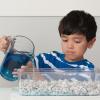
Water Underground
Source Institutions
Many people get water from a source deep underground, called groundwater.

The World's Water
Source Institutions
Water on Earth is in lakes, the ocean, rivers, underground, and frozen glaciers.
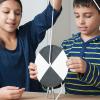
Clear Water, Murky Water
Source Institutions
How do scientists measure how clear or murky water in a lake is? How does water clarity (clearness) affect what lives in the lake?
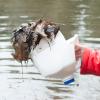
The Scoop on Habitat
Source Institutions
Some aquatic organisms live in open water, while some live in soil at the bottom of a body of water.
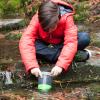
Window Under Water
Source Institutions
Glare from the sun and ripples from the wind can make it hard to see what's below the surface of a body of water.
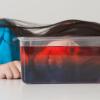
Freezing Lakes
Source Institutions
In some parts of the world, lakes freeze during winter. In this activity learners will explore water’s unique properties of freezing and melting, and how these relate to density and temperature.

Make a UV Detector
Source Institutions
In this activity, learners use tonic water to detect ultraviolet (UV) light from the Sun and explore the concept of fluorescence.

Solar Convection
Source Institutions
In this activity, learners add food coloring to hot and cold water in order to see how fluids at different temperatures move around in convection currents.
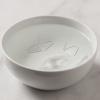
Water Bugs
Source Institutions
Some bugs can walk on the surface of a lake, stream, river, pond or ocean.
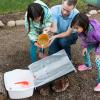
Runaway Runoff
Source Institutions
When it rains, water can collect on top of and seep into the ground. Water can also run downhill, carrying soil and pollution with it.
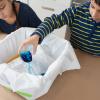
Make a Lake
Source Institutions
Where rainwater goes after the rain stops? And why there are rivers and lakes in some parts of the land but not in others?
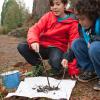
Dip Dip, Hooray
Source Institutions
Lakes, streams and other freshwater bodies are a habitat for lots of living things, big and small.
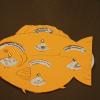
Fish Wheels
Source Institutions
In this activity, learners cut out and assemble wheels to explore how variations in fish body structures (mouth shape/position/teeth, body shape, tail shape, and coloration patterns) allow fish to sur
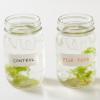
Algae in Excess
Source Institutions
Plants need nutrients to grow. This is why we apply fertilizers to grass and food crops. In this activity, learners will explore how fertilizers can affect lakes and other bodies of water.
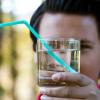
Make a Prism
Source Institutions
In this activity, learners will make their own prism and use a glass of water to separate sunlight into different colors.
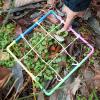
Counting With Quadrants
Source Institutions
Millions of organisms can live in and around a body of water.

Make a Heart Valve
Source Institutions
In this activity, learners make a model of a one-way heart valve to investigate how a heart controls the direction of blood flow.
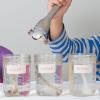
Stiff Bones, Bendy Bones
Source Institutions
Bones are stiff, which helps us lift heavy things and walk around, but they are also somewhat flexible, which lets them bend slightly.
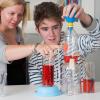
Have a Heart
Source Institutions
Your heart pumps blood throughout your body in one direction, around in a loop. In this activity, learners will make a model of one type of heart chamber called a ventricle.
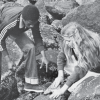
Rock Pioneers
Source Institutions
In this outdoor activity/field trip, learners investigate organisms that live along the ocean's rocky coast.
